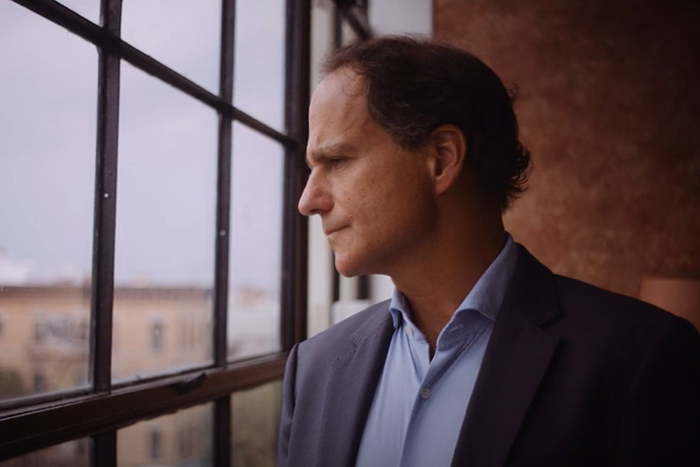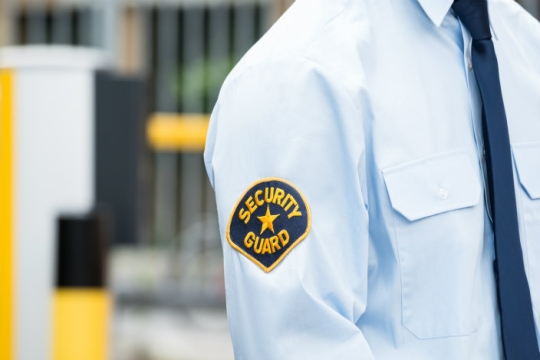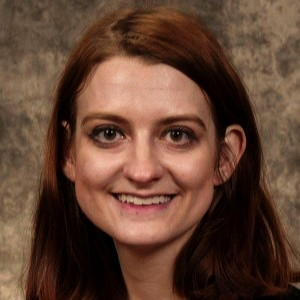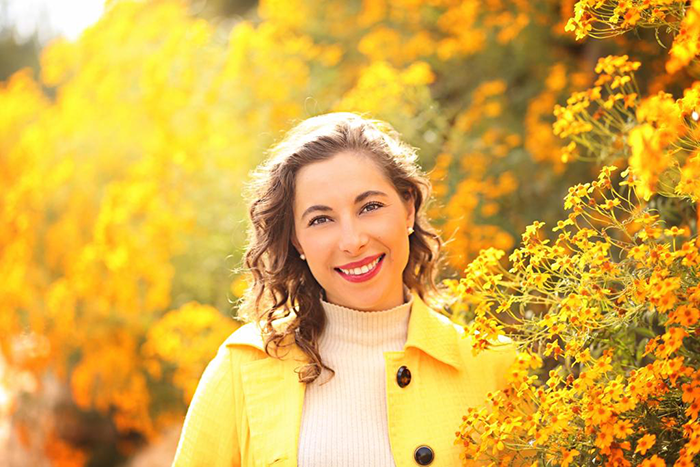
Rabbi Jonah Pesner, (he/him) director of the Religious Action Center of Reform Judaism (the RAC), is a member of the W.K. Kellogg Foundation's Solidarity Council on Racial Equity (SCoRE). SCoRE encourages influential leaders to collaborate while pursuing racial progress, healing, and transformation. The council includes such luminaries as musician John Legend, author Michelle Alexander, and actor Kerry Washington.
We sat down with Rabbi Pesner to discuss his work in the Reform Movement, as a SCoRE member, and his experience as the first Jewish person appointed to SCoRE.
How do you explain the RAC's work to fellow SCoRE members and the work that the RAC does in the Jewish community?
We organize the network of the Reform Jewish Movement, encouraging Jewish people to tap into our enduring Jewish values and show up in interfaith and multiracial communities that are pursuing justice. We create meaningful relationships at the local, state, provincial, and national levels to advocate for policy changes, women's rights, reproductive justice, LGBTQ+ equality, racial equity, and more. We believe that when we leverage the full power of millions of Jews in relationship across all kinds of lines, we can effect transformational change.
We work to make the spaces of the Reform Movement multiracial communities of belonging. We address exclusion within Jewish spaces by educating our clergy and community members to confront and address oppression both inside and outside of our Jewish communities. Antisemitism sits alongside other forms of bigotry and injustice. Because we are a multi-racial, diverse Jewish community, many people in our communities experience different forms of oppression. While most of us may experience antisemitism, only some people experience racism, misogyny, and other forms of bigotry as well. We do this work in solidarity, to protect the Jewish people and all people everywhere.
Speaking of solidarity, can you tell us a little bit about what SCoRE does?
SCoRE is a solidarity council, so it's made up of people from different racial, ethnic, and religious backgrounds. We come together to create relationships, learn from one another and keep our communities safe while also bringing about a flourishing society. There's one [SCoRE] campaign called 100,000 Acts of Solidarity that seeks to celebrate and amplify the thousands of acts of solidarity that happen every day. Examples include joining to confront the hate that many people of Asian descent faced during the COVID crisis, and facing the racial reckoning together, among many more.
We're currently planning a journey to Puerto Rico in May to observe some of the patterns of injustice there and then we're going to take a trip together to South Africa in June to see and learn about the solidarity efforts there that were utilized to overcome apartheid. I am particularly proud that during the SCoRE pilgrimage to South Africa, we plan to meet with Judge Albie Sachs, who was appointed to the first Constitutional Court of South Africa by Nelson Mandela, and other Jewish leaders to hear the story of Jewish solidarity in ending apartheid and their role in ongoing racial transformation and healing.
What has your experience been as the first Jewish member of SCoRE?
I think my presence as a SCoRE member is incredibly significant because I'm the only Jew. I have the profound opportunity to educate these key, influential leaders about antisemitism, violence, and bigotry. I can help them disentangle the complexity of the peace process in Israel/Palestine and the recent challenges to Israeli democracy while untangling that from Jews and Judaism. I can help them understand the difference between what is actively antisemitic versus what is anti-Zionist and how to tell the difference between antisemitism and legitimate critiques of the Israeli government. I also can educate folks about the diversity of the Jewish community. I can help them learn more about effective ways that the Jewish community can show up alongside other communities to bring about justice.
I was not in the initial cohort, but they added a second wave of leaders including me, a prominent member of the Indigenous community, and a few other people to broaden the council's diversity. I hope the council will continue to expand its diversity, including adding additional Jews from other backgrounds, like Jews of Color, trans Jews, and other unrepresented groups. There is openness, curiosity, and interest throughout the group. Many people in the group have written books, so I've exchanged the books I've written with them so that we can read each other's work.
Thank you, Rabbi Pesner, for sharing your thoughts. Is there anything you'd like to add before we finish our interview?
I would like to thank the W.K. Kellogg Foundation for the continued partnership and for having me as a SCoRE member. I'm looking forward to our continued work together.
Related Posts

Honoring Transgender and Nonbinary Community Members’ Infinite Value

Making Our Communities Truly Accessible: Beyond Good Intentions



